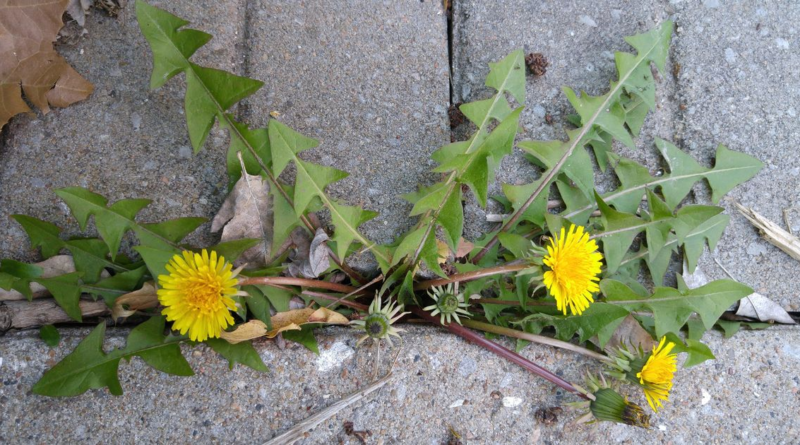'Most effective' way to get rid of dandelions from your garden – and clever 40p hack – The Mirror
Wishing on a dandelion may be a crowd-pleaser among kids, but these pesky weeds are a nuisance to other plants – here’s how you can get rid of them once and for all
If you thought fish and chips were the only things you can douse in vinegar, think again, as experts claim that some varieties of this sour liquid are surprisingly good at banishing pesky weeds, including dandelions.
While blowing and making a wish on these flowers is certainly a crowd-pleaser among kids, these weeds are brutal to other plants in your garden, releasing a chemical that can actually stump their growth. So, one expert at the US-based Montana State University claims that vinegar can in fact be used as a natural herbicide to combat this, thanks to its concentration of acetic acid. This is the component that gives most vinegar its strange, pungent smell, often making up 5% of the household liquid.
"Understanding the way acetic acid affects plants can help explain when it might be effective for weed control," Noelle Orloff, the university's Weed and Invasive Plant Identification Diagnostician, explained. "First, acetic acid acts as a contact herbicide, meaning it impacts only the parts of the plant it touches. Acetic acid ruptures plant cells, causing fluids to leak and plant tissues to dry out. It does not translocate or move within the plant to the roots or other plant parts. Good coverage of leaves and growing points at the top of the plant is necessary."
Noelle unveiled that vinegars with the highest concentrations of acetic acid at 20-30% are usually most effective when it comes to killing dandelions. White vinegar or distilled malt vinegar is as close as it gets when it comes to kitchen cupboard essentials, usually containing between 5-10% of the powerful acid. The latter costs just 40p in Sainsbury's too.
Spraying the weeds until they're completely wet is also vital for the best results. And, once these are finally dead, all that's left is to dig them out of the ground.
"Smaller and younger weeds are generally more susceptible to vinegar," she continued. "Seedlings at the two to four leaf stage are ideal because all leaves can be contacted by the spray solution, leaving the plant with inadequate resources to resprout."
In spite of this however, gardeners should still use vinegar with caution as the scientist claims its acid is 'non-selective', meaning that it not only injures weeds but almost any plant other it touches. As a result, it may be worth using vinegar only for weeds sprouting in the cracks of patios or driveways – not those in amongst other plants.
"Acetic acid tends to work best in hot and sunny conditions, and surfactants may improve efficacy," Noelle added.
If you're still concerned however, the Royal Horticultural Society suggests that you can kill off dandelions with any unwanted cardboard you may have lying around. Layering this on top of the weeds and covering it with wood chips will eventually smother and kill them.
"This will block light and prevent growth, causing the root to die. Keep soil covered for a few years to ensure this method is effective," they wrote.
But, according to Gardening Know How, digging still trumps both of these techniques as the 'most effective' method to rid of weeds. Gardeners should make sure to pull up the entire roots though, which can run four to six inches into the ground.
"Use a slender trowel or a dandelion fork to remove weeds by the roots when they are young and tender, or wear gloves and tug the weeds from the soil. This task is easiest after a rainfall, or you can soften the soil by watering the day before," they wrote.
Do you have a story to tell? Get in touch at lauren.haughey@reachplc.com



 This year in odd news: The weirdest headlines from the Houston area in 2022 – KPRC Click2Houston
This year in odd news: The weirdest headlines from the Houston area in 2022 – KPRC Click2Houston 
